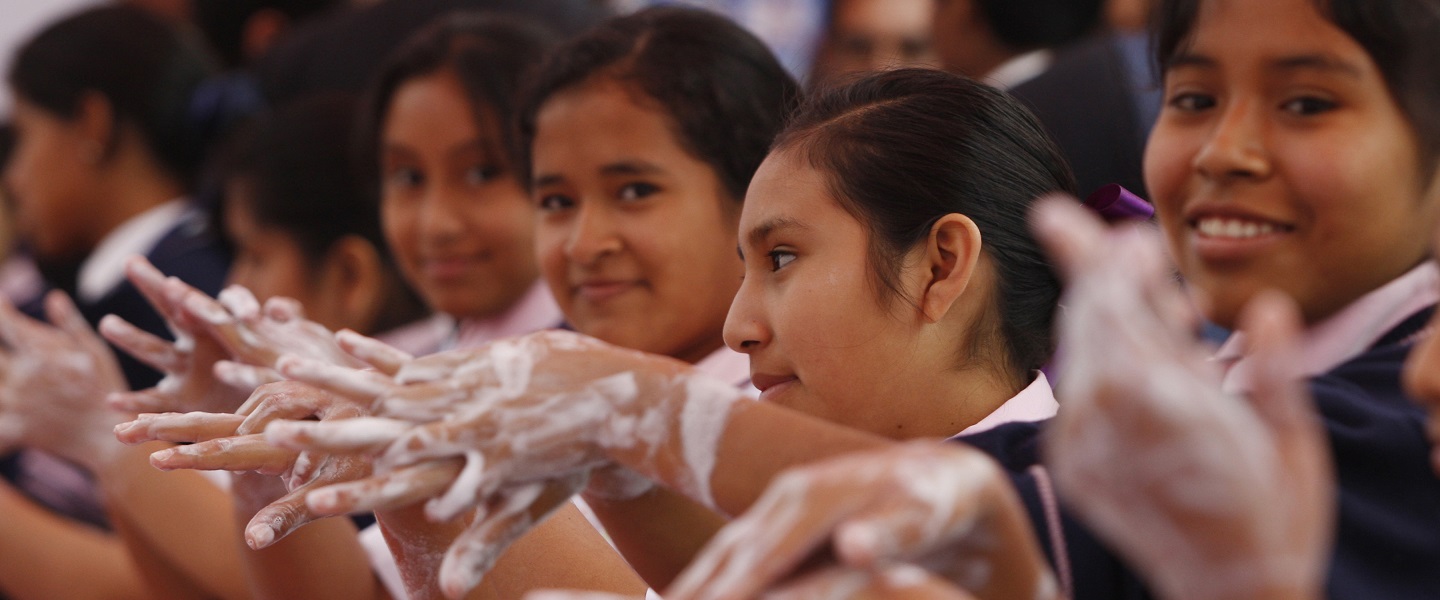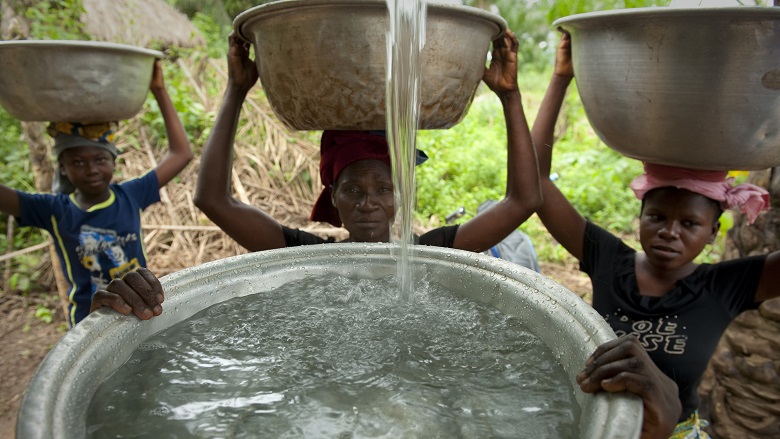Globally 3.5 billion people lack access to safely managed sanitation services. Almost 8% of the global population practices open defecation. Despite significant gains — 2.4 billion people gained access to improved toilets or latrines between 2000 and 2020 — sanitation was one of the most off-track Millennium Development Goals (MDGs) globally. Today, 1.7 billion people still lack even basic services. Among those, 580 million shared improved sanitation facilities with other households, counted as “limited” services and 616 million used “unimproved” facilities. The data reveal pronounced disparities, with two thirds of people who still lacked even basic services lived in rural areas. Nearly half of them lived in sub-Saharan Africa. The world missed the MDG target for sanitation by almost 700 million people.
In addition to the challenges of providing many millions of rural households with adequate sanitation, the world continues to urbanize, and cities and small towns will increasingly bear the burden of poor sanitation — with an estimated 57% of urban dwellers lacking access to toilets that provide a full sanitation service, 16% of urban dwellers lacking access to basic sanitation services, and almost 100 million urban residents practicing open defecation.
The benefits of tackling the challenges of sanitation are manifold. Improved sanitation leads to lower disease burden, improved nutrition, reduced stunting, improved quality of life, increased attendance of girls at school, healthier living environments, better environmental stewardship, increased job opportunities and wages, improved competitiveness of cities, and economic and social gains to society more broadly.
Recent analysis shows that ending open defecation can save children’s lives by reducing disease transmission, stunting, and under-nutrition, which are important for childhood cognitive development and future economic productivity. Without adequate sanitation facilities, girls are more likely to drop out of school or are vulnerable to attacks while seeking privacy.
A lack of sanitation also holds back economic growth. Poor sanitation costs billions to some countries, amounting to the equivalent of 6.3% of GDP in Bangladesh (2007), 6.4% of GDP in India (2006), 7.2% of GDP in Cambodia (2005), 2.4% of GDP in Niger (2012), and 3.9% of GDP in Pakistan (2006). The economic losses are mainly driven by premature deaths, the cost of health care treatment, lost time and productivity seeking treatment, and lost time and productivity finding access to sanitation facilities. Pollution resulting from improper disposal and treatment of wastewater and domestic fecal sludge also affects both water resources and ecosystems. At the same time, fecal sludge and wastewater can provide valuable resources (water, nutrients, soil conditioner, briquettes and energy) and economic opportunities, especially in urban areas and in water-scarce environments.
Last Updated: Nov 10, 2023





